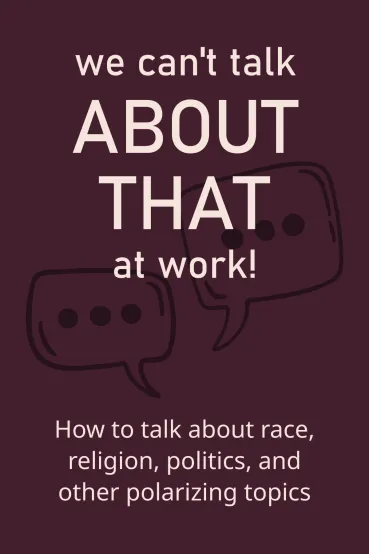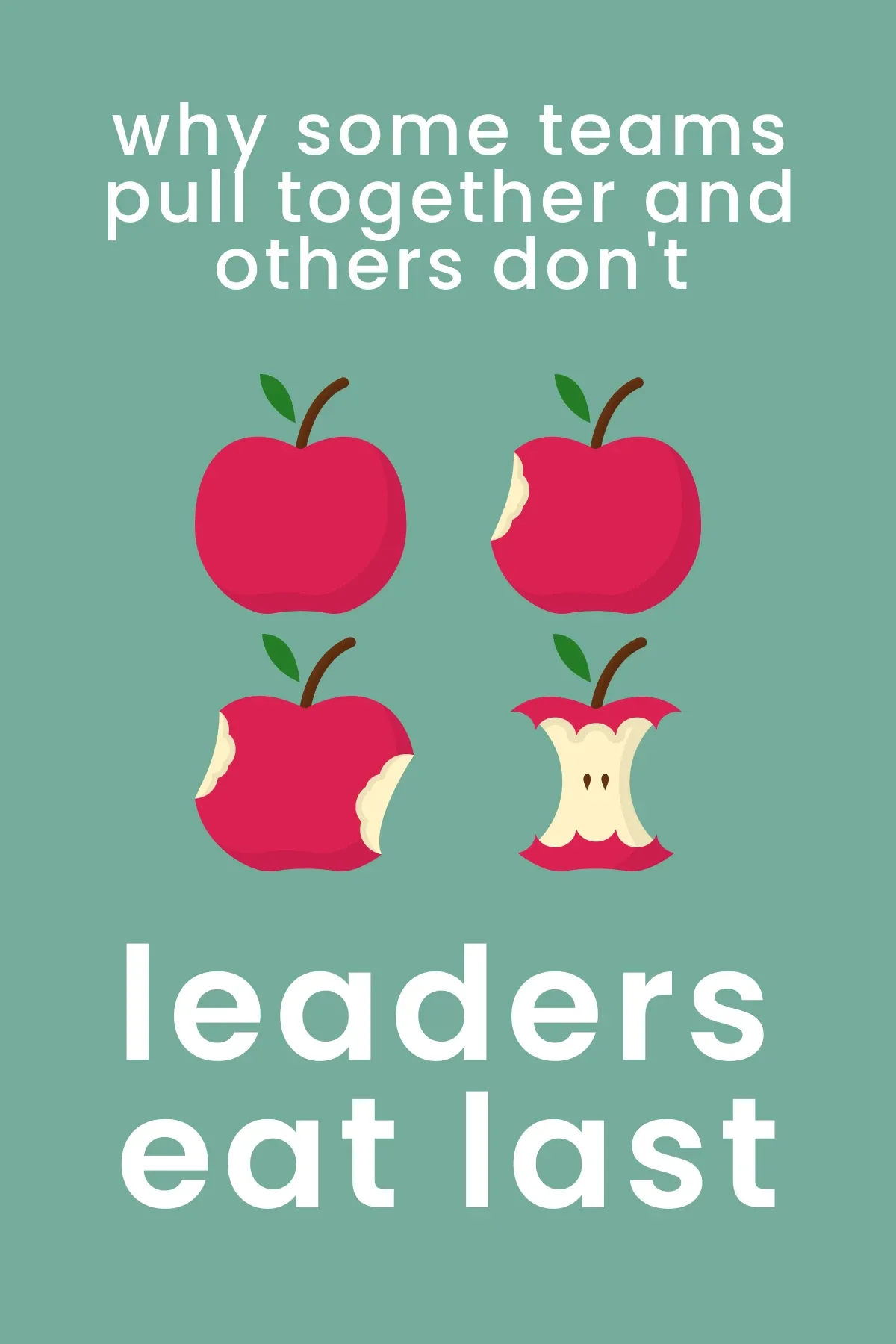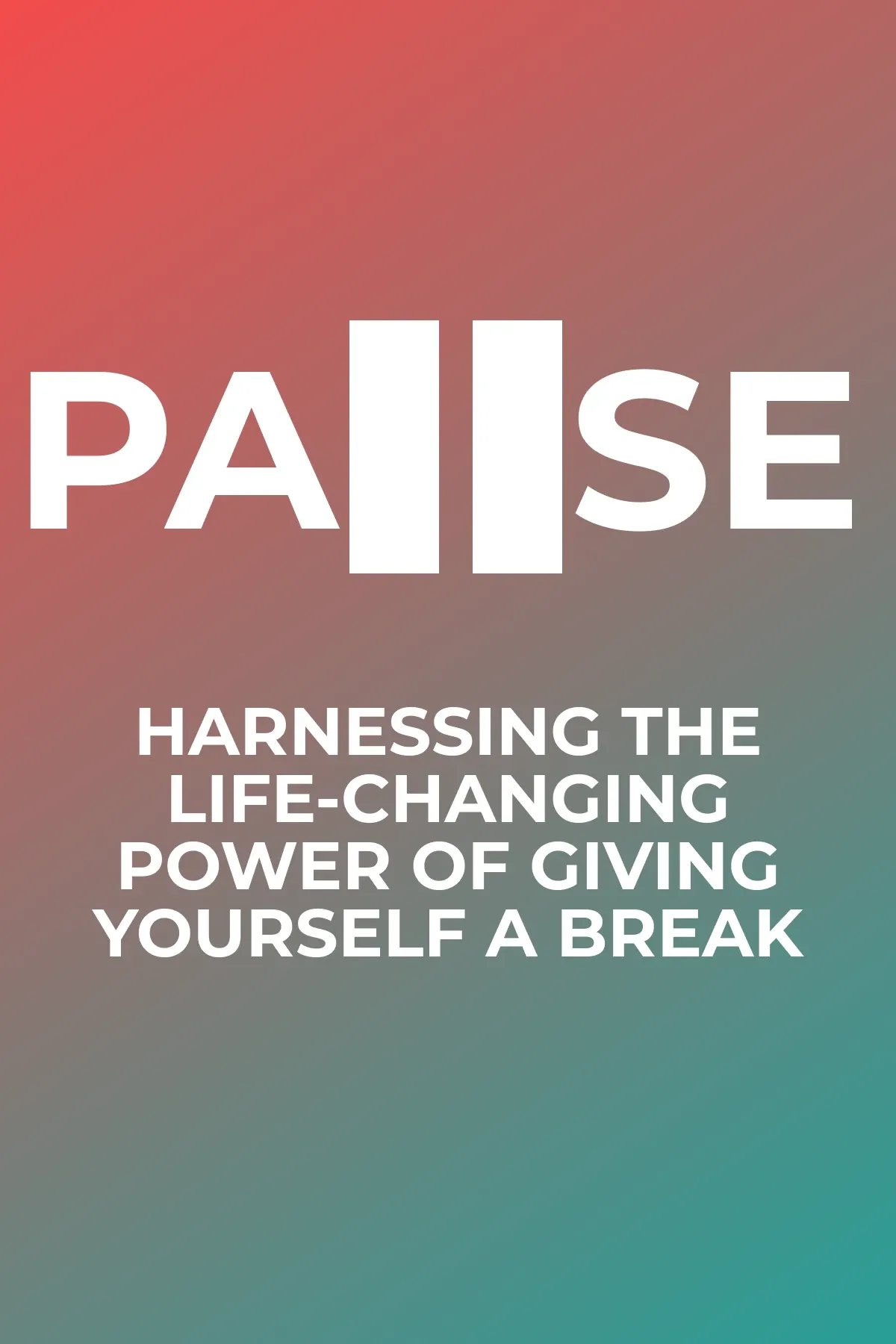
We Can’t Talk About That at Work!
Brief Summary
Discussions about sensitive topics take place in the workplace almost every day. Unfortunately, they can create division and discord among team members if not handled properly. However, there is a solution. Mary-Frances Winters' book “We Can't Talk about That at Work!” guides how to navigate these sensitive conversations to promote unity and understanding within the team.
Topics
Key points
Key idea 1 of 7
You've probably faced a similar situation: you're grabbing coffee with a colleague when suddenly the conversation shifts to politics, religion, or social issues. Your stomach tightens. The air grows thick. What started as casual small talk has ventured into treacherous territory.
Race, religion, sexual orientation, and similar topics are high on the agenda of modern society. No matter how hard we try to avoid them, these topics inevitably arise in conversations with friends or colleagues. According to sociological research, there is much more polarization among people today than there used to be. When a person or group of people feels threatened, they tend to blame others for it. This trend is also facilitated by the active spread of social networks, the largest platforms for discussing pressing social issues.
Polarization of views can arise anywhere, including in the workplace. Controversial topics are inevitable in discussions between colleagues, but not all employees can express themselves correctly on these issues. This is one of the reasons why many companies are now striving to pursue inclusive policies. In short, polarization involves the concept of “us and them,” while inclusivity seeks to create an atmosphere of unity among everyone, regardless of people's attitudes toward a particular social group.
Inclusivity has a lot to do with employee engagement in the company. According to most surveys, workers who worked in non-inclusive organizations rated diversity and engagement in these organizations low. However, over time, workplaces are becoming increasingly diverse in terms of nationality, religion, race, and gender. This requires employers to review their teamwork strategies and workplace environment.
Moreover, a 2023 Deloitte study shows that Generation Z and Millennials, who are among the youngest workers today, expect companies to be proactive in protecting the rights of social minorities. In their opinion, this approach will enable organizations to create a comfortable environment in which every employee feels included. In other words, in addition to providing good working conditions, employers must also be concerned about and make efforts to solve pressing global issues, from environmental pollution to the rights of LGBTQ+ individuals.
FAQ
You may also like these summaries











